![]()
What is a Sillcock?
A sillcock is an outdoor water faucet, usually threaded for a hose. It’s called a sillcock because it is mounted around sill height on the exterior wall. We use these attachments for fresh drinking water, watering the garden, or washing the car.
Similar terms to sillcock include spigot, wall hydrant, outdoor faucet, and hose bib–they all mean essentially the same thing, with a few distinctions.
I’m not sure why we plumbers have to have so many terms for what is effectively the same item. But man, we love to do it.
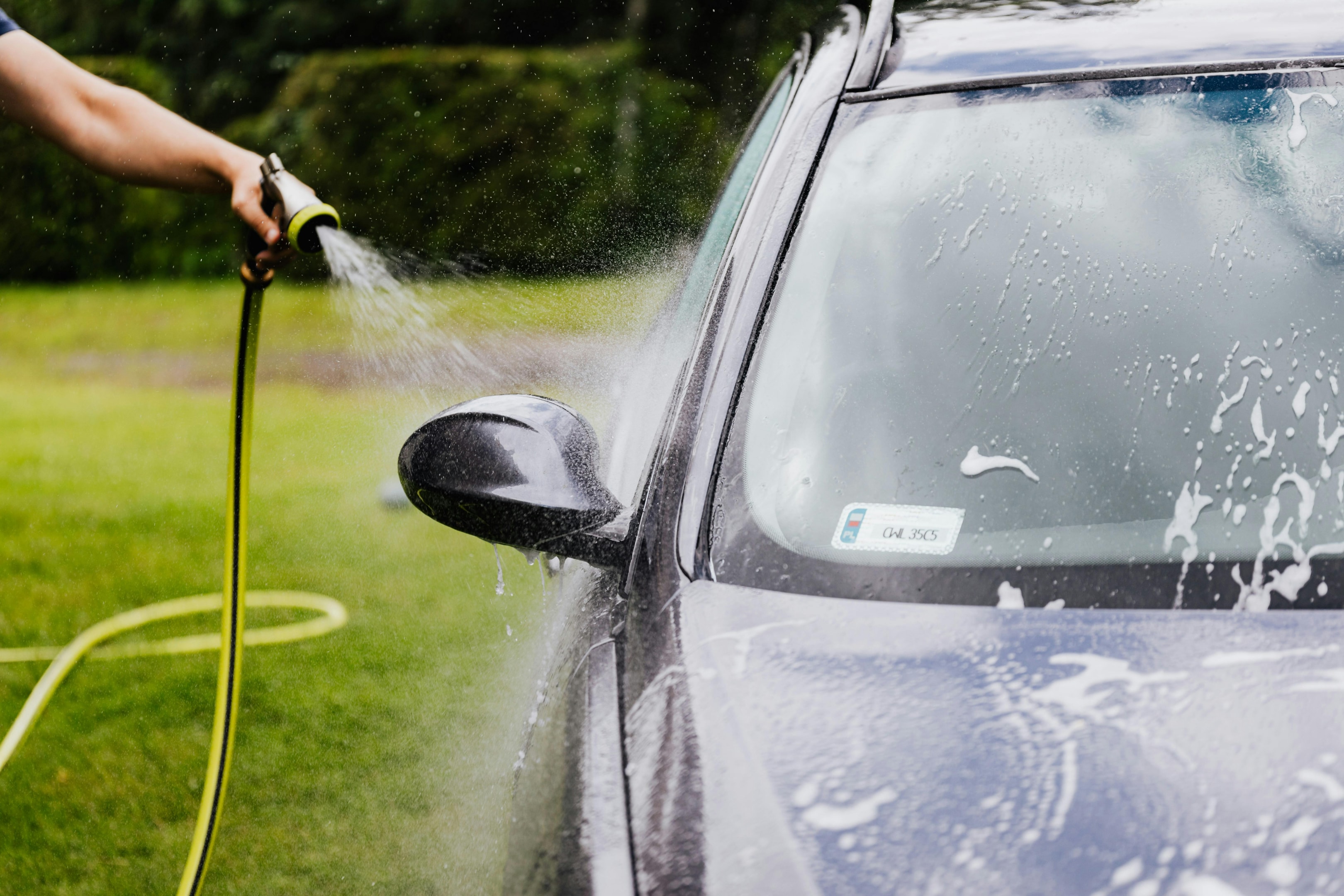
For hose connections mounted on the exterior of your home, we have to be VERY aware of these every winter.
If we don’t remove the hoses before the first hard freeze, they’ll burst, and if we don’t protect the sillcock itself, you could be prone to bursting interior pipes as well.
Standard Sillcock
A standard sillcock is just a faucet with a handle and spout mounted on the exterior of a house.
The water pipe that feeds the faucet is just inside the wall. With this type of sillcock, there needs to be a water shutoff on the inside of the house.
This allows it to be turned off and drained in the winter.
If it isn’t, then it, and the water pipe to which it’s attached, will freeze and burst. You’ll usually only find these on older homes or homes in warmer climates.
Frost Free Sillcock
A frost free sillcock is also a faucet that provides water to the exterior of the home. It doesn’t need a water shut off, however.
They have an extended stem that shuts the water off inside the home where the air is conditioned year round. These are a great option for colder climates.
Outdoor faucet cover
An outdoor faucet cover like the one pictured below is a great option to protect your water spigot through winter.
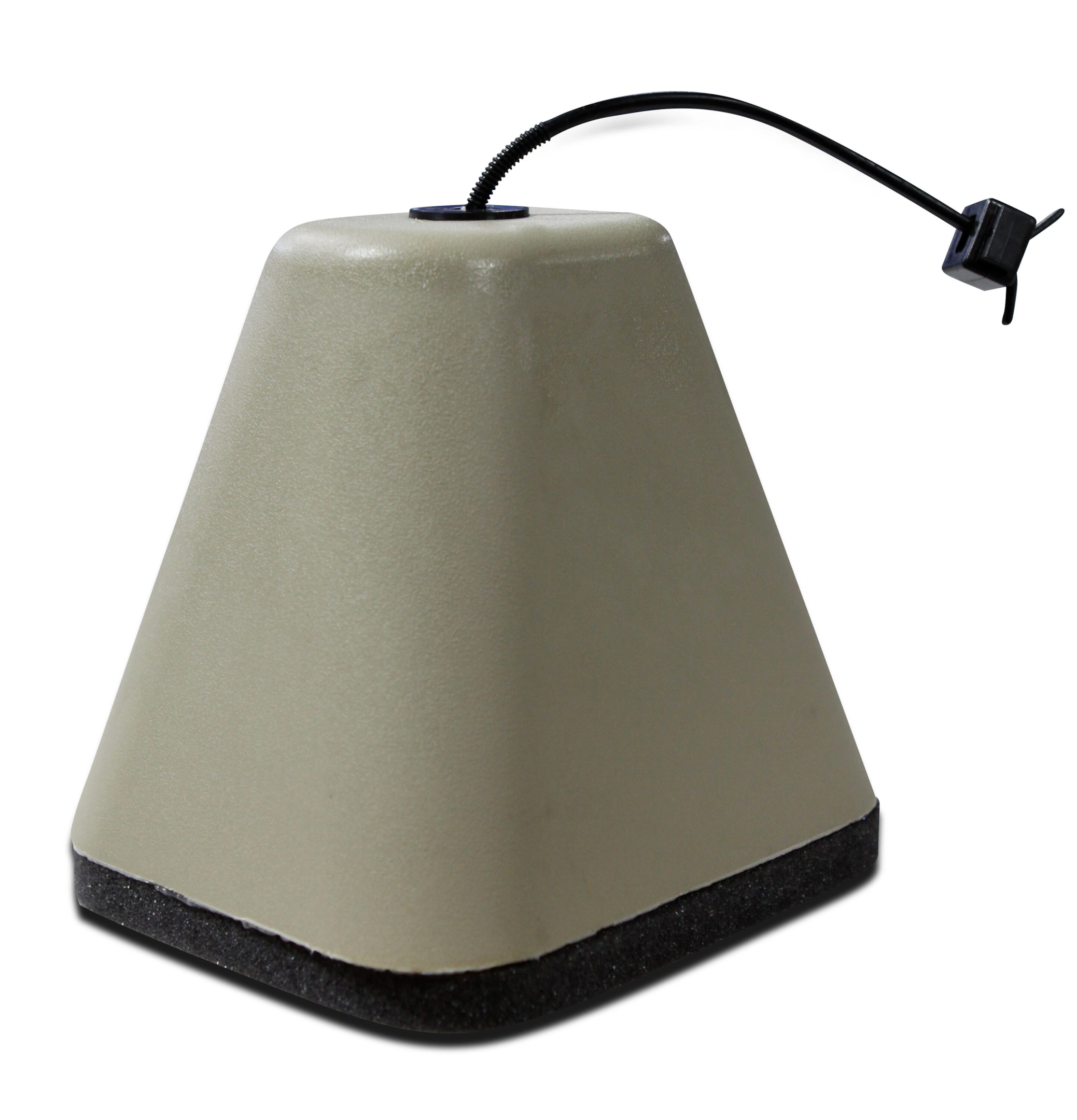
Vacuum breakers
When you turn off your spigot (or sillcock, or one of the other thousand names for it), a small amount of water will drain from it, leaving no water exposed to the cold.
The newer styles will have a cap on the top of the spout called a vacuum breaker. This protects the city drinking water supply if you have a garden hose attached that’s connected in some way to cleaners or fertilizers.
If there’s a fire nearby, the fire department can use so much water fighting it that the city water pressure will be depleted. This will create a siphoning effect from your home that could taint the drinking water supply.
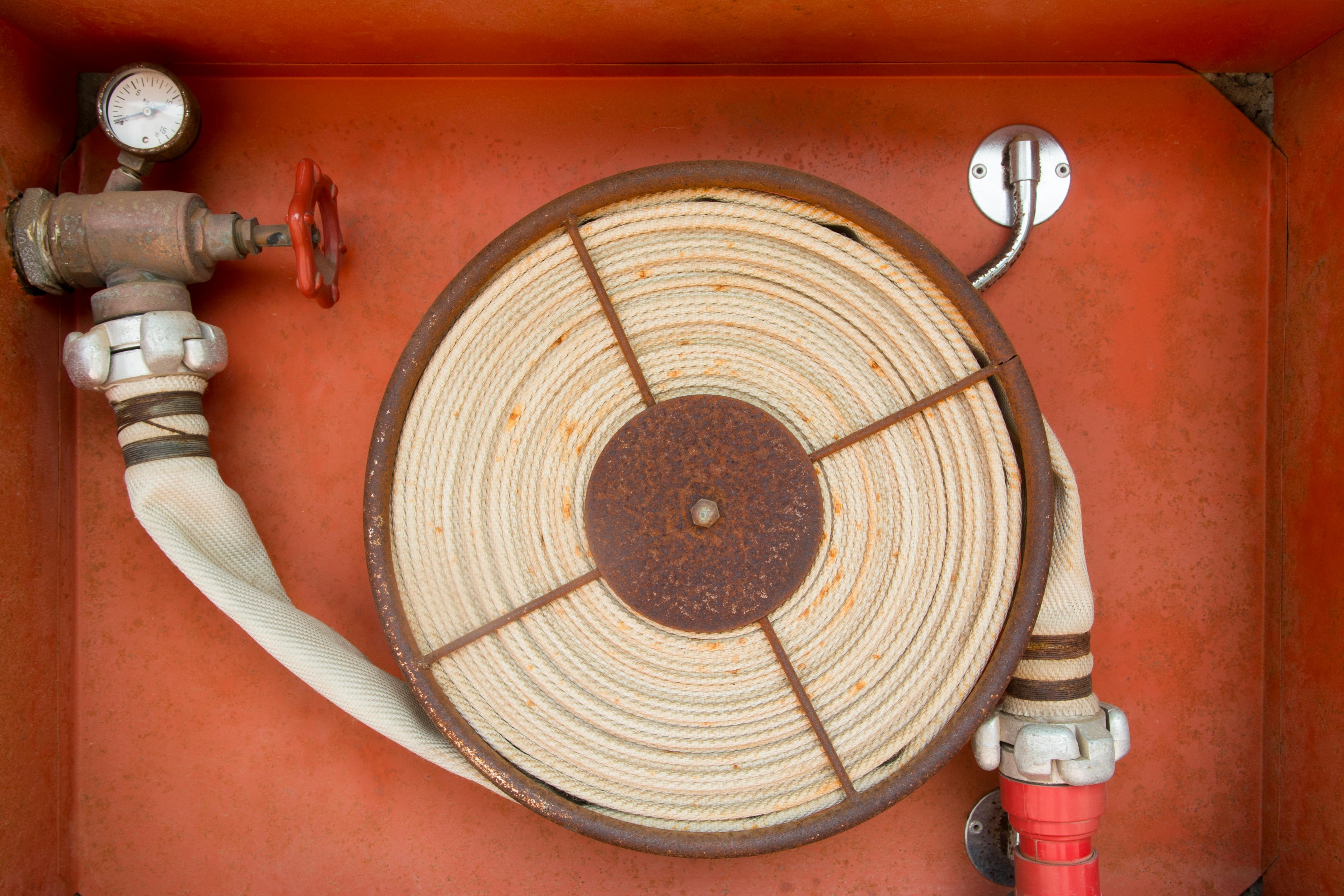
The vacuum breaker also aides the water draining from the sillcock when turned off.
Outdoor faucets: hose bib vs spigot vs spillcock
Though they’re all essentially the same thing, here are some specificities between these options.
Hose bibs are for attaching garden hoses–they have threaded spouts.
A spot is a general outdoor faucet that usually doesn’t have threads–it’s just like a sink that spills onto the ground.
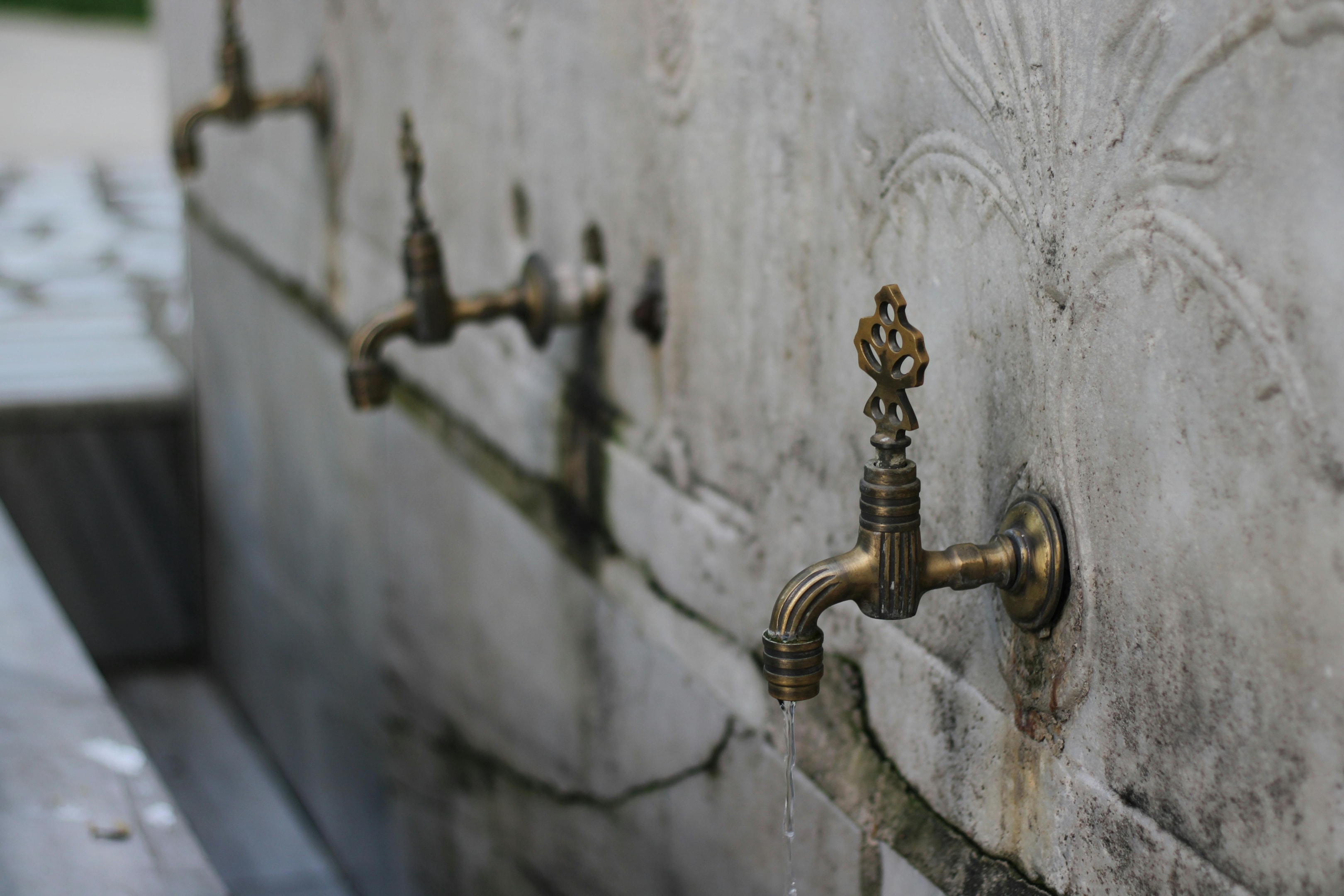
And a sillcock IS JUST A HOSE BIB. Literally no difference. Plumbers just like to have fun. Hit me up for baby name ideas.
Alternative Sillcocks
There are some alternative sillcocks that serve some very important homeowner needs. My favorite is the Woodford model 19 anti-burst faucet. It’s designed with a pressure relief valve. If it starts to freeze and pressure begins building, it’ll allow water to reverse flow into the water piping. This is another good option for cold climates.
Other options are the hot and cold sillcock. If you prefer hot water to wash your car, this will come in very handy. It comes with separate hot and cold handles but just one spout.
Another one comes with a large quarter turn handle. This is a good option for customers with little grip strength.
And commercial buildings love the security key style sillcock. You can’t turn it on without the key.
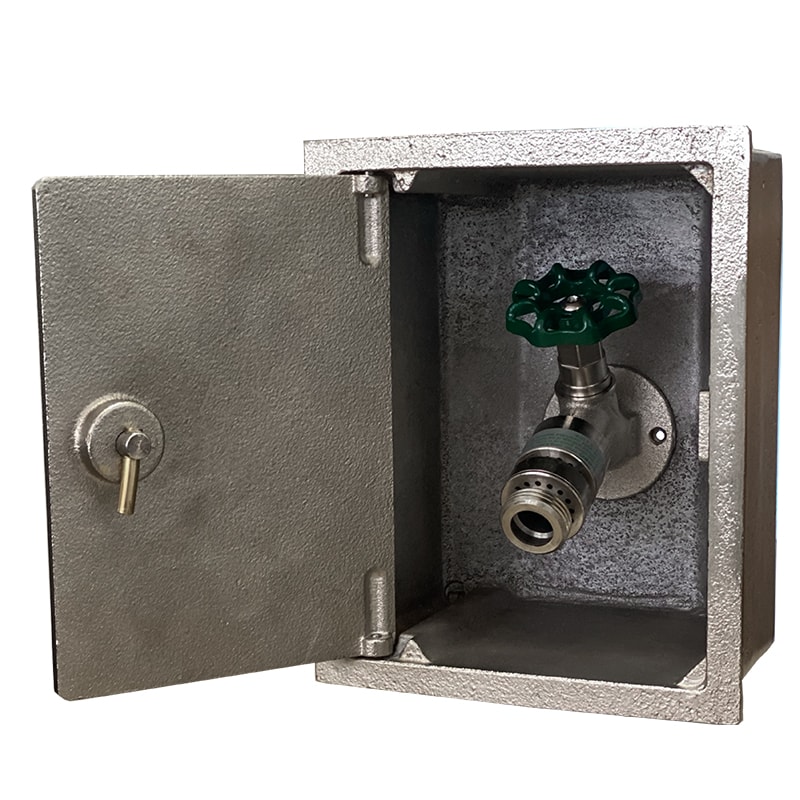
In conclusion
So if you’re in need of a new sillcock, remember there are options. Consider them before having yours replaced.
You can also just call Advocate Master Plumbing. We understand your plumbing needs and will offer you your best options.
And for more information about all types of faucets visit our faucets service page.
We are also Venice premier sump pump repair specialists!

